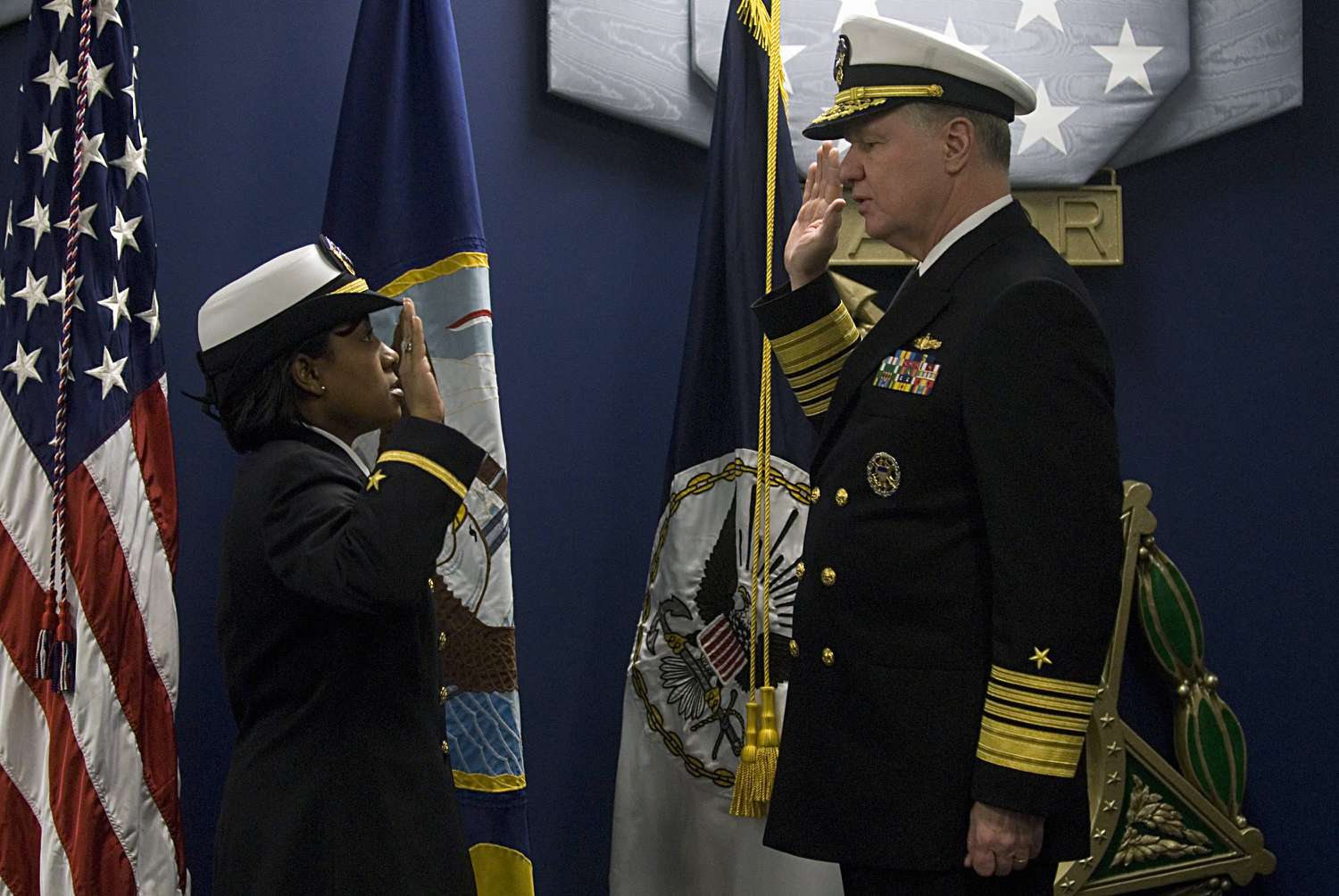Impulsive
5-Year Member
- Joined
- Feb 4, 2019
- Messages
- 1,024
He can do just that, enlist, make rank then apply to OCS or even go Warrant to Lt (O-3) after he gets experience, does well, and is supported by his command. ROTC, and the SA's are just another way to do it. If he is truly adverse to College, enlist and advance to be eligible for OCS and then get his command to recommend him and he can Commission that way. This is something he needs to check into himself and make that decision.



